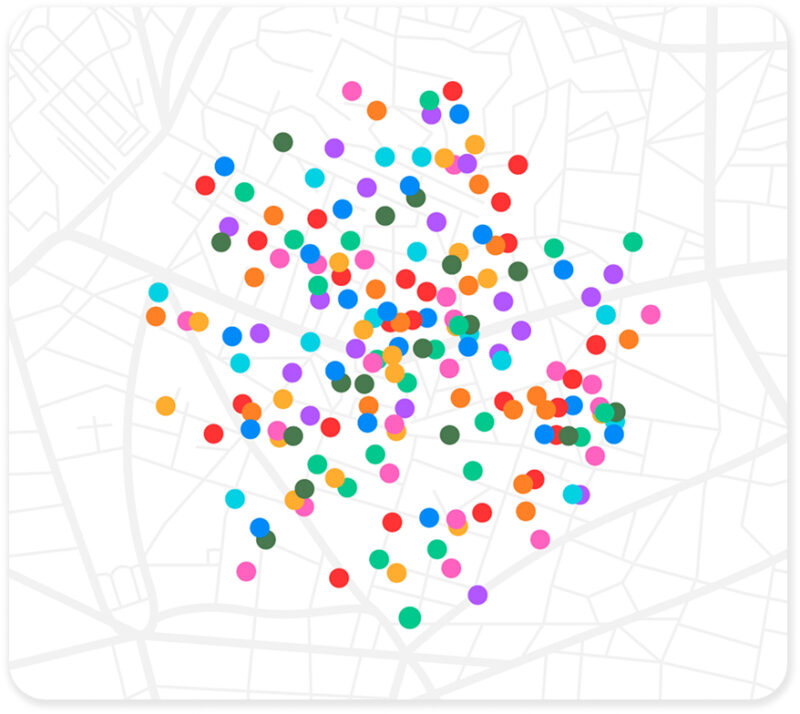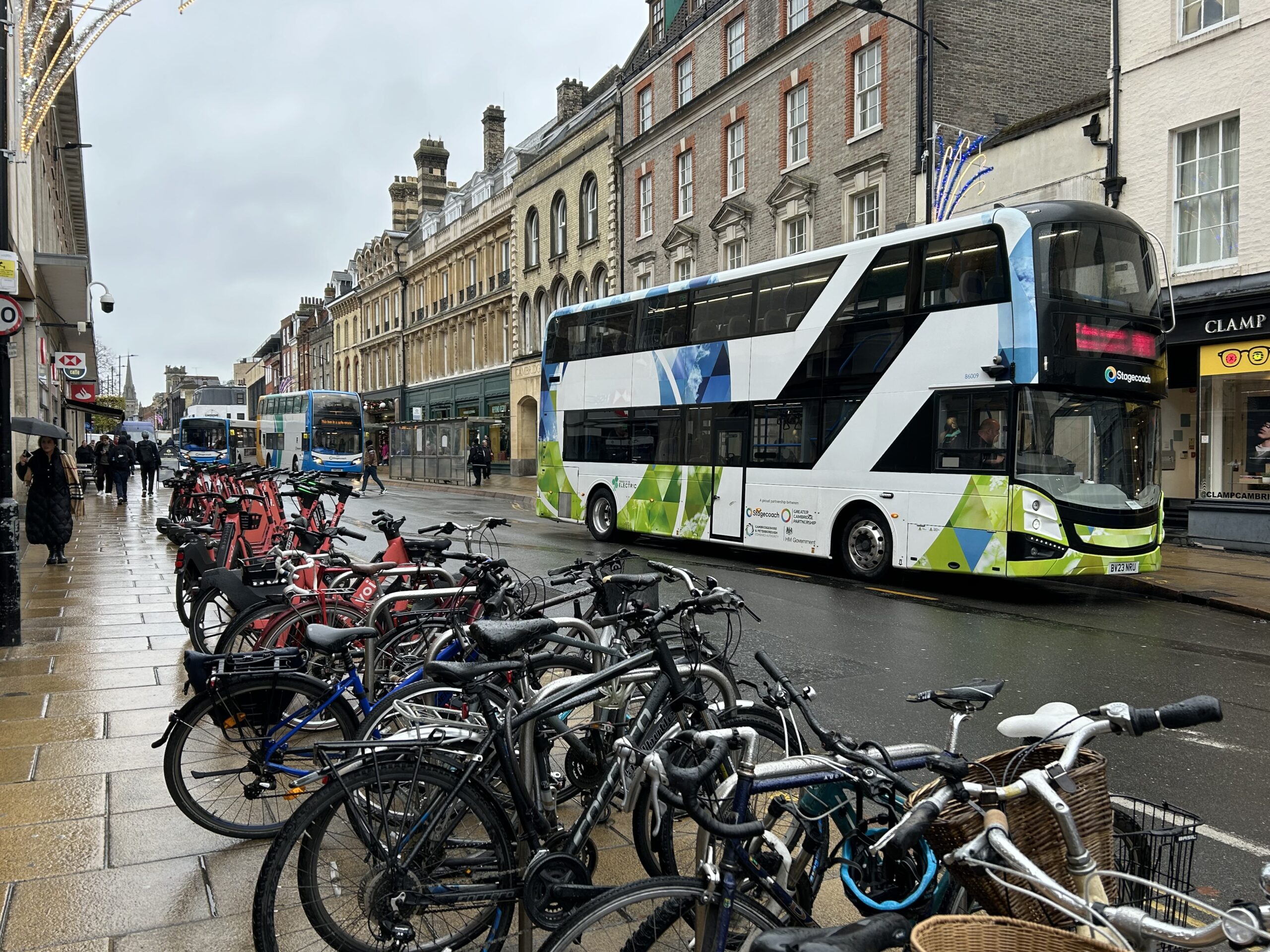Digital exclusion is a multifaceted issue and relates to people’s access to the kit, skills, motivation and data to get online and benefit from digital resources. We explored why Digital Exclusion is an important issue for our region in an earlier blog.
In this blog, we explore how organisations can contribute to alleviating digital exclusion and access to computing equipment with a case study from Cambridge Ahead Member Arm.

ARM – RECYCLING COMPUTING HARDWARE AND DONATING REVENUE TO CHARITIES
1. What approach do you take to recycling and donating your hardware?
We implement programs to turn our old tech into real world social impact.
At Arm, our sustainability strategy aims to close the ‘digital divide’ whilst minimising the environmental impact of our technology. Our digital devices like laptops are replaced every three years, so we need to have a consistent process across the organisation for managing our old tech.
When an employee replaces their laptop, or when we retire other items such as old screens, printers, higher value peripherals and data centre hardware, these are collected by a third-party supplier (we work with Restore IT) who transfers the hardware securely to a processing plant and destroys the data. The devices themselves are refurbished or recycled if they are older or beyond repair.
This approach generates revenue which we are then able to use to support a variety of good causes and charities.
2. What type of organisations would this approach work for?
This approach reduces the logistical burden and offers greater flexibility.
This process was set up to respond to our specific needs at Arm. As most of our digital devices are high-end, it can be difficult to give them away directly – we found that few charities want the type of digital device we had to offer. We have a mixed estate, too, with various operating systems and device types in use, further complicating matters.
Using a third party to process the devices themselves removes these logistical difficulties. In addition, data security is vital to us and this route provides us with certainty that data is destroyed through our supplier. The process enables us to raise revenue for impactful projects and partnerships with charities in all of the regions we operate in, and have greater flexibility in how we maximise the indirect social benefit of our old digital equipment.
To date, some examples of the causes we’ve supported through this program include: helping to fund an initiative to enable low-income high school students in the US to participate in STEM programs through Gordon Family Giving; Working globally with charity WasteAid to implement waste management and recycling programmes, including e-waste, in lower and middle-income countries; and partnering with a local charity in Trondheim (Norway) to support the provision of laptops for Ukrainian refugees.
3.Do you have any advice for others thinking about using this approach?
Working in partnership is key.
Although establishing this type of program would be possible for many organisations, it requires strong collaboration both internally and externally. The approach itself would not be possible without our third-party supplier who collect and process the digital devices, and we are also supported by colleagues within Team Arm, our employee community engagement programme, who help to identify relevant charities for the revenue raised.
An organisation’s ability to store old digital devices is also something to consider with this approach. We have to securely store hardware until we reach a critical mass of old gear that is worth collecting.
We’re an international company and one size doesn’t fit all. For other businesses that are dispersed across a wide geography, establishing a consistent approach and a global third-party supplier is critical, rather than the added complexity of having to find different suppliers in different locations.
Look out for the next blog in the Digital Exclusion series, where we’ll hear how Laptops4Learning securely data erase & refurbish surplus tech after IT refresh or business relocation, taking devices, server & networking – to date 900 devices have been distributed to charities addressing digital inclusion in Cambridgeshire.




